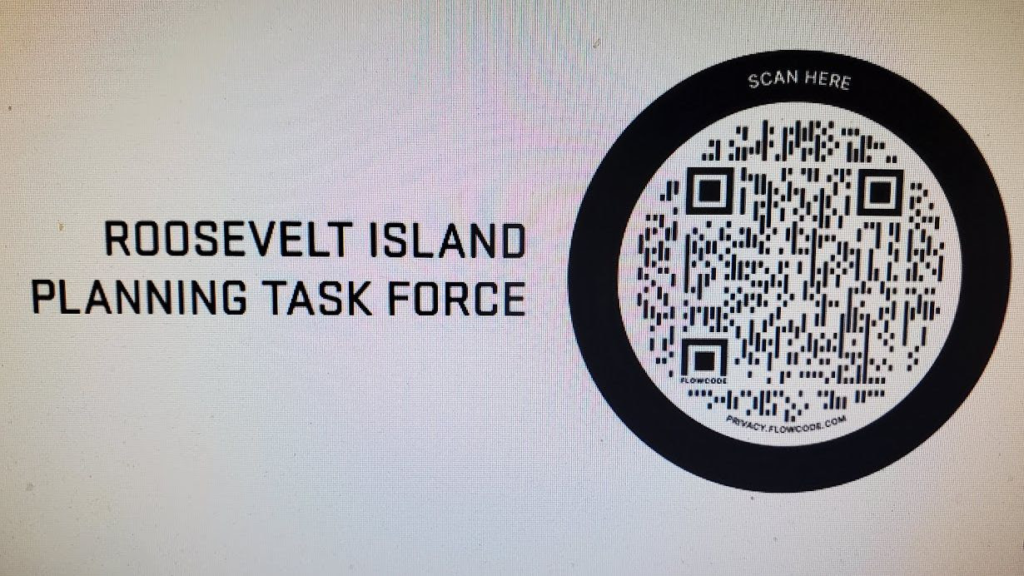Thursday, May 16, 2024 – ACTIVIST PAUL ROBESON’S BRONX CONNECTION



THURSDAY, MAY 16, 2024
ISSUE #1237
PAUL ROBESON
IN THE BRONX
NEW YORK ALMANACK
A NEW RESIDENT RI PLANNING TASK FORCE IS ANNOUNCED
MATT ALTWICKER HAS SET UP A QR CODE LINK TO COMMUNICATE WITH YOUR THOUGHTS FOR A PLANNING TASK FORCE. HAVE CONCERNS, IDEAS, SUGGESTION, SEND THEM TO MATT.


Paul Robeson In The Bronx
May 15, 2024 by Guest Contributor Leave a Comment

Prior to Dr. Martin Luther King, Jr. becoming a national icon of the Civil Rights Movement during the Montgomery Bus Boycott of 1955–1956, one of the most well-known figures of African-American freedom struggles was Paul Robeson (1898–1976).
Robeson was born in Princeton, New Jersey; his mother died in a house fire when he was six, and his father was a minister and manual laborer. In 1915, Robeson became the third African American to enroll at Rutgers University. He made the football team, playing end, and was involved in the debate club as well as singing on and off campus.
As he writes in his memoir Here I Stand (1958), Robeson encountered discrimination on and off the football field. Nevertheless, he earned four oratorical awards, varsity letters in several sports, was selected as first-team All-American in his junior and senior football seasons, and was elected valedictorian of his graduating class in 1919.
Robeson went on to attend law school, first at NYU and then at Columbia. During these years, he was recruited by the NFL’s Akron Pros, began to sing at major public events like the dedication of the Harlem YMCA, met and married Eslanda Goode, and had his theatrical debut. After graduating from law school in 1923, Robeson worked briefly as a lawyer but his theatrical and musical career soon became his primary focus.
The multi-faceted cultural movement of African-American creativity we know as the Harlem Renaissance was blossoming at this time, and the Robesons were very much a part of it. In 1925, thanks to Eslanda’s urging, Robeson auditioned for and appeared in his first film, Oscar Micheaux’s Body and Soul, shot in The Bronx. Amid touring, filming, and travels — domestic and international — Paul Robeson, Jr. was born in 1927.
In 1930, the Robesons made the decision to relocate permanently to London, staying there until 1940. While in the U.K., Robeson had become increasingly politicized, befriending exiled leaders of African liberation struggles and becoming involved in the Spanish Republicans’ struggle against General Franco’s fascist forces during the Spanish Civil War (1936–1939).
When he returned to the U.S. in 1940, Robeson became immediately involved in African-American freedom struggles, leading the charge to break Jim Crow in baseball and raising awareness of anti-colonial liberation movements in Africa as chairman of the Council on African Affairs.
It was after his return to the U.S. that Robeson started to come around the Allerton Coops in The Bronx, a complex that housed notable African-American activists, artists, actors, and other creatives.
In oral histories in the collections of The Bronx County Historical Society, residents of the Coops remember Robeson being a regular presence at parties and other social functions throughout the 1940s and 1950s.
As World War II came to an end and McCarthyism became ascendant, Robeson and other civil rights leaders were accused of being Communists. As a result, Robeson was barred from performing publicly in most venues in the U.S. The Coops was a rare social and cultural haven for Robeson — constant F.B.I. surveillance aside — during this difficult period in his life.

TWO DETERIORATING MAIL RELAY BOXES
Located in front of 510 Main Street these two boxes are used by the USPS to store mail in for carriers to pick up and deliver. All over the city, these boxes are deteriorated and looks like the USPS has neglected them for decades.
CREDITS:
NEW YORK ALMANACK
This essay was first published in The Bronx County Historical Society’s newsletter. The Bronx County Historical Society, founded in 1955, is a non-profit educational and cultural institution chartered by the New York State Board of Regents. The Society is dedicated to the collection, preservation, and interpretation of the history and heritage of The Bronx.
Learn about The Bronx Historical Society at their website bronxhistoricalsociety.org.
Photo: Paul Robeson among a crowd of fans in Harlem, 1955 (courtesy Robeson Family Trust and Marilyn Robeson).
All image are copyrighted (c) Roosevelt Island Historical Society unless otherwise indicated
THIS PUBLICATION FUNDED BY DISCRETIONARY FUNDS FROM CITY COUNCIL MEMBER JULIE MENIN & ROOSEVELT ISLAND OPERATING CORPORATION PUBLIC PURPOSE FUNDS.


Copyright © 2024 Roosevelt Island Historical Society, All rights reserved.Our mailing address is:
rooseveltislandhistory@gmail.com

Leave a comment